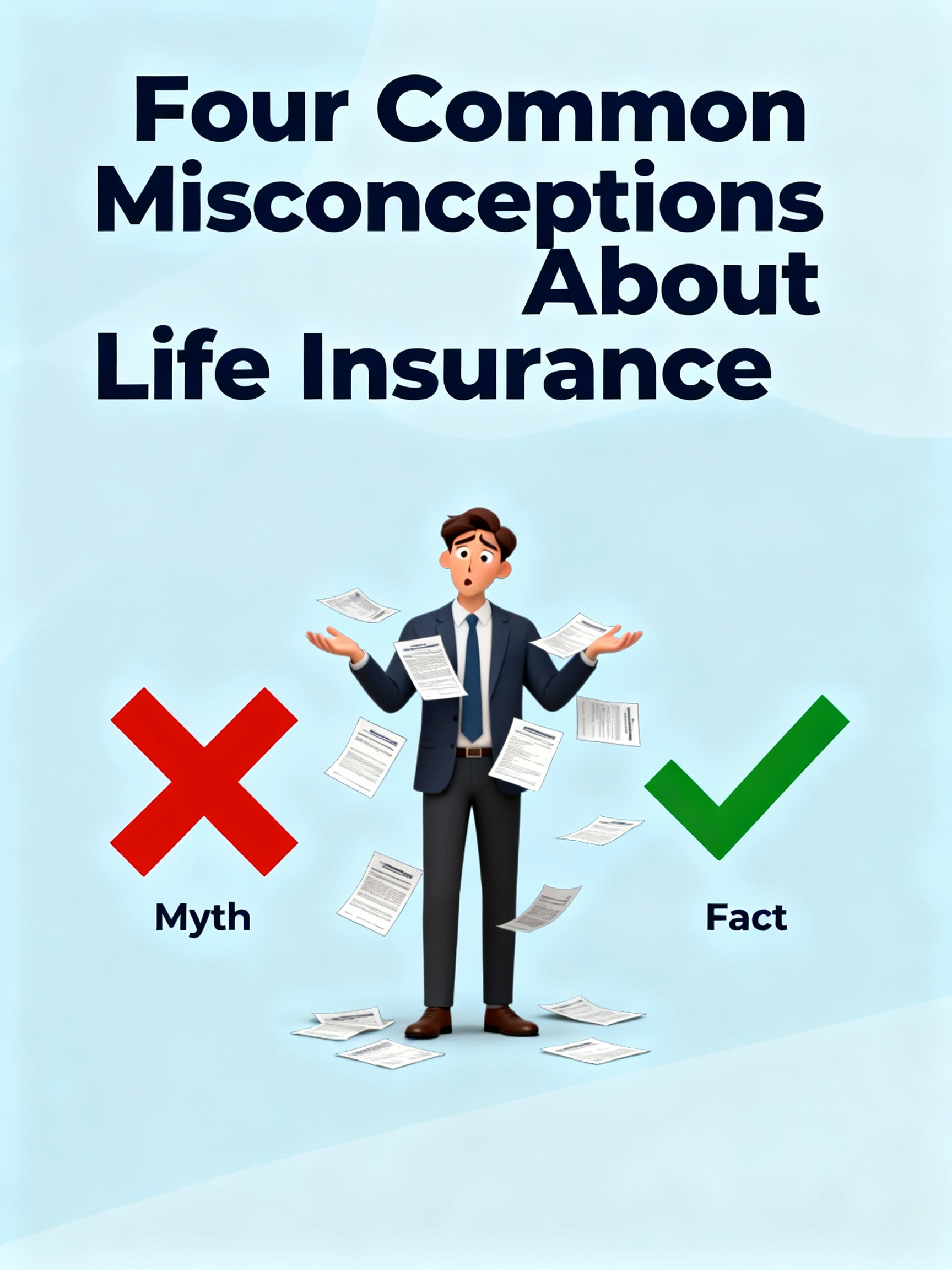What a State Insurance Commissioner Really Does
Published Date: 09/10/2024
When most people think about insurance, they picture their agent, their premium, or maybe a claim they’ve filed. What they rarely consider is the legal and regulatory system behind it all — or the public officials who decide what insurance companies can and can’t do.
In a recent episode of Insurance Hour, host Karl Susman explored one of the most powerful but least understood roles in American insurance: the state insurance commissioner. These officials oversee insurers’ financial stability, approve or deny rate increases, enforce fair claims practices, and guide how insurance works in each state.
“The insurance commissioner is basically in charge of all things relating to insurance in your state,” Susman explained. “They steer the entire industry in one direction or another.”
How Insurance Became a State-Regulated Industry
Insurance is regulated primarily at the state level because of the McCarran-Ferguson Act of 1945. This federal law gave states the authority to govern insurance operations within their borders, creating a system where each state sets its own rules.
“The states decide what they’re going to do,” Susman said. “Each state has its own Department of Insurance — sometimes called a Department of Finance — but somewhere in every state, there’s a division dedicated to regulating insurance.”
This state-based framework creates a patchwork of laws, standards, and regulatory philosophies across the country. While banking and securities are largely federally regulated, insurance remains one of the last major industries controlled almost entirely by the states.
How Insurance Commissioners Come into Power
Not all insurance commissioners reach office the same way. In nine states, commissioners are elected directly by voters:
California, Georgia, Kansas, Louisiana, Mississippi, Montana, North Carolina, North Dakota, and Oklahoma.
“If you live in one of those states,” Susman said, “you have an insurance commissioner that’s there because of you, the voting public. You put them there.”
In the remaining 41 states, commissioners are appointed by the governor or another senior official. Each system has trade-offs.
Elected commissioners offer stronger direct accountability to voters, but their decisions can be influenced by political pressure and campaign financing. Appointed commissioners may be selected for technical expertise, but they operate with less public accountability.
“There are pros and cons to both,” Susman observed. “Elections can make insurance political — but appointments can make it insular.”
When Politics Meets Premiums
Although insurance is rooted in math and risk, it is also deeply shaped by political philosophy. Some commissioners focus heavily on consumer protections such as strict rate controls and aggressive enforcement. Others prioritize market flexibility and insurer competitiveness.
“Liberal commissioners are often seen as the ones providing the most consumer protections,” Susman explained, “and conservative commissioners are seen as giving insurers more leeway. But that’s not always true. Every commissioner is different.”
The most effective commissioners, he noted, balance affordability for consumers with the financial realities insurers face.
“It’s a tough job,” Susman said. “You’re dealing with multi-billion-dollar companies on one side and the public’s financial safety on the other.”
California as a Case Study in Commissioner Influence
California provides one of the clearest examples of how insurance commissioners shape an entire market. Susman highlighted several recent commissioners and their lasting influence:
- Ricardo Lara (2019–present): Leading the Sustainable Insurance Strategy to modernize regulations amid wildfire risk and market instability.
- Dave Jones (2011–2019): Expanded healthcare coverage and strengthened consumer protections.
- Steve Poizner (2007–2011): Focused on auto insurance reform and regulatory transparency.
- John Garamendi (2003–2007): Advanced earthquake insurance reforms and strengthened the California Earthquake Authority.
- Harry Low (2000–2003): Oversaw major workers’ compensation reforms.
“Every commissioner is focused on something,” Susman said. “They all have a signature — what they’re remembered for. And that shapes what insurance looks like for the rest of us.”
How the Commissioner’s Decisions Affect Consumers
The influence of an insurance commissioner extends directly to everyday policyholders. Their decisions shape:
- Rates and Premiums: Whether insurers are allowed to raise rates.
- Claims Practices: How fairly and quickly claims must be handled.
- Market Stability: Whether insurers stay in or exit the state.
- Consumer Protection: How complaints are investigated and enforced.
- Disaster Response: How insurers must prepare for and respond to catastrophes.
“They’re not just bureaucrats,” Susman emphasized. “They’re guardians of the public’s trust — and referees for one of the biggest industries in America.”
The Economic Size of Insurance and Why Oversight Matters
Insurance is a massive economic force. In California alone, more than 300,000 people work directly for insurance companies — not including independent agents, brokers, and adjusters. When all professionals connected to insurance are counted, the industry touches nearly every household and business in the state.
That economic weight is why the commissioner’s role is so critical. If insurers cannot operate sustainably, coverage disappears. If regulation is too weak, consumers are exposed to unfair practices.
“A commissioner has to manage the economics of the industry and the expectations of millions of policyholders,” Susman said. “That’s why it’s not an easy job.”
The Insurance Department and the Oversight Network
The commissioner leads a much larger regulatory engine known as the Department of Insurance (DOI). Within the DOI, specialized units handle:
- Licensing for agents and brokers
- Financial solvency monitoring for insurers
- Market conduct exams
- Consumer complaints and enforcement actions
“It’s a whole machine,” Susman explained. “The commissioner is the driver — but there are hundreds of people behind the scenes keeping the engine running.”
This network doesn’t just respond to problems after they occur. It sets standards, conducts audits, and enforces compliance across the entire insurance market.
Why Consumers Should Pay Attention to Insurance Commissioners
Most consumers don’t know who their insurance commissioner is — yet their decisions may affect personal finances more directly than many national political offices.
When your premium rises, a claim is denied, or an insurer leaves the market, commissioner policy often plays a central role.
“If your commissioner is elected, vote,” Susman urged. “If they’re appointed, pay attention to who your governor is putting in that seat. That person is making decisions that affect you every single day.”
The Bottom Line on the Commissioner’s Role
State insurance commissioners may work behind the scenes, but their influence is felt in every premium dollar, every claim settlement, and every market shift. They regulate rates, monitor insurer solvency, enforce consumer protections, and guide how insurance evolves in the face of economic and climate change.
“Insurance is a big business,” Susman said. “It touches everything — homes, cars, health, business. And somebody has to make sure it all works.”
That responsibility belongs to your state insurance commissioner. Whether elected or appointed, their leadership defines how stable, fair, and reliable insurance feels for millions of consumers who depend on it every day.
Author






